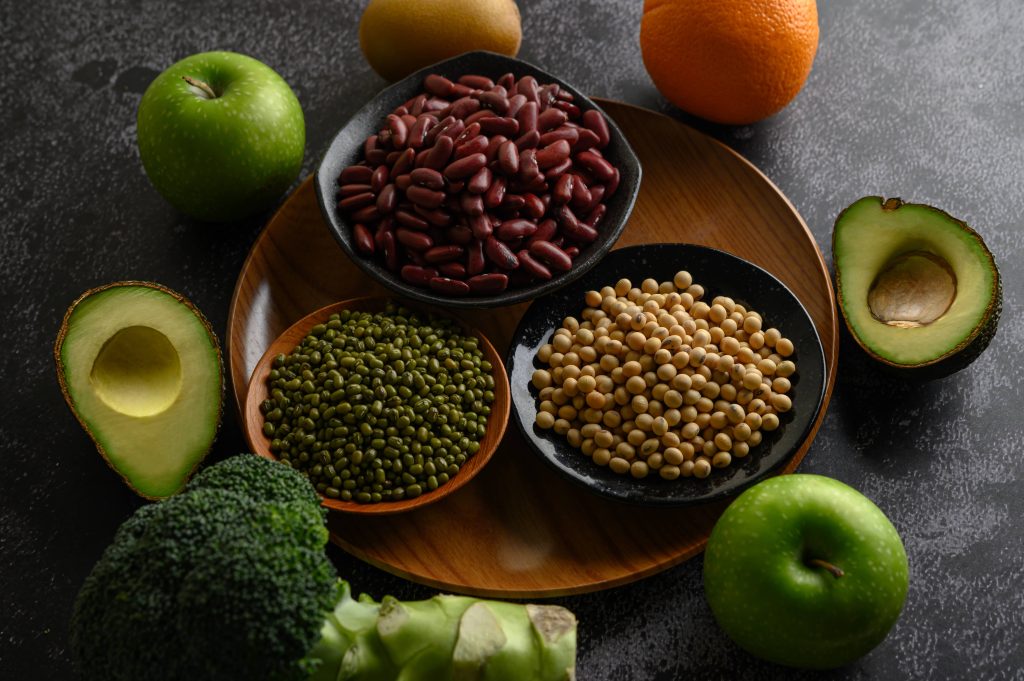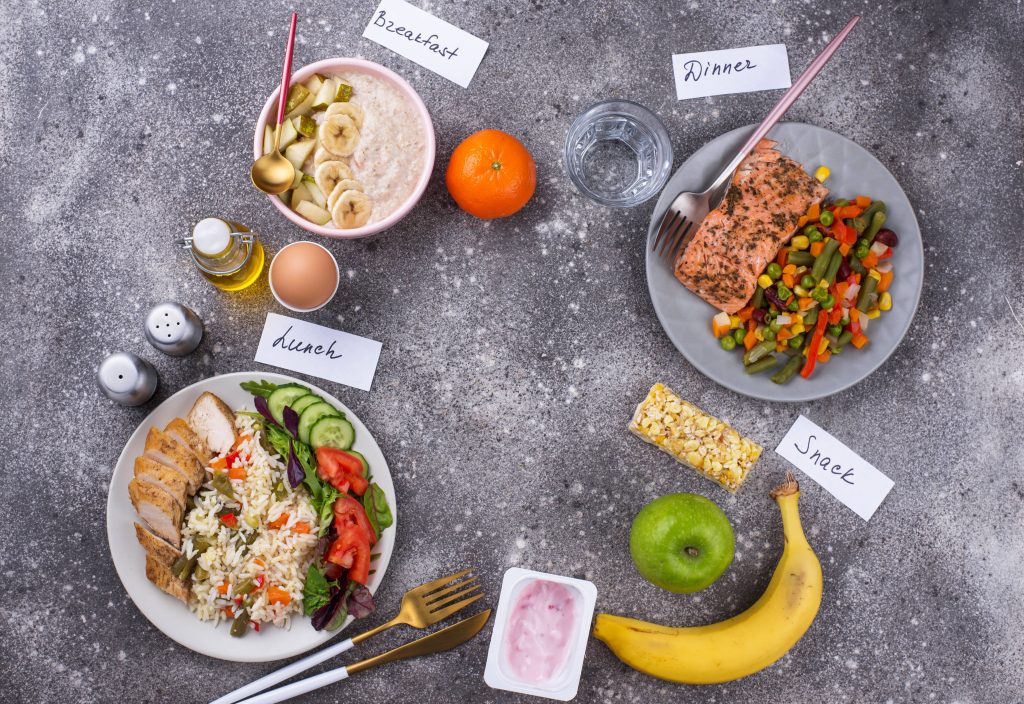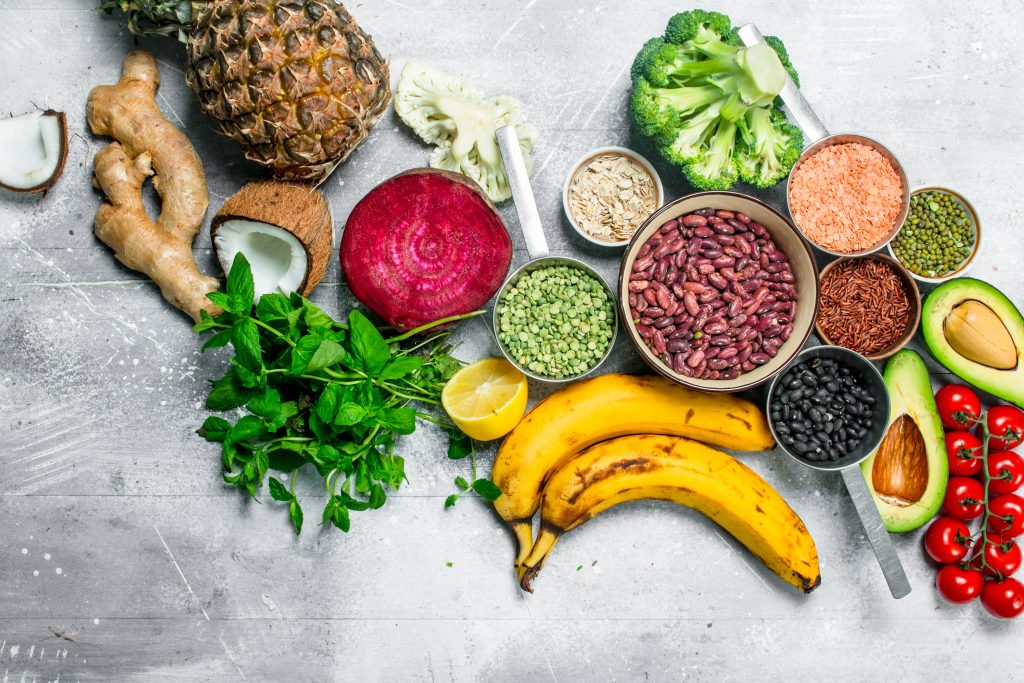
In recent years, the gluten-free lifestyle has gained significant attention, not just as a dietary trend but as a necessary lifestyle change for many individuals. Whether due to celiac disease, gluten sensitivity, or personal choice, more people are exploring the benefits and challenges of living without gluten. This blog post aims to uncover the essential truths about embracing a gluten-free lifestyle, providing insights into its health implications, practical tips for transitioning, and addressing common misconceptions.
Understanding Gluten and Its Impact
Gluten is a protein found in wheat, barley, and rye. It gives dough its elasticity and helps it rise and maintain its shape. For most people, gluten is harmless. However, for individuals with celiac disease, consuming gluten triggers an immune response that damages the small intestine, leading to nutrient malabsorption and a host of other health issues. Non-celiac gluten sensitivity, while not as severe, can still cause discomfort and digestive problems.
The Health Benefits of Going Gluten-Free
1. Improved Digestive Health: For those with celiac disease or gluten sensitivity, eliminating gluten can lead to significant improvements in digestive health. Symptoms such as bloating, diarrhea, and abdominal pain often subside once gluten is removed from the diet.
2. Increased Energy Levels: Many people report feeling more energetic after adopting a gluten-free diet. This could be due to improved nutrient absorption and reduced inflammation in the body.
3. Better Nutrient Absorption: By healing the gut lining, individuals with celiac disease can improve their ability to absorb essential nutrients, leading to better overall health.
4. Reduced Inflammation: A gluten-free diet can help reduce inflammation, which is beneficial for individuals with autoimmune conditions.
Challenges of a Gluten-Free Lifestyle
1. Nutritional Deficiencies: Gluten-free diets can sometimes lead to deficiencies in fiber, iron, calcium, and B vitamins. It’s important to incorporate a variety of gluten-free grains and fortified foods to maintain a balanced diet.
2. Social and Cultural Barriers: Dining out or attending social events can be challenging due to limited gluten-free options. It’s essential to plan ahead and communicate dietary needs clearly.
3. Cost and Accessibility: Gluten-free products can be more expensive and less accessible than their gluten-containing counterparts. Learning to cook with naturally gluten-free ingredients can help mitigate these challenges.
Tips for Transitioning to a Gluten-Free Lifestyle
1. Educate Yourself: Understanding which foods contain gluten and how to read food labels is crucial. Many processed foods contain hidden gluten, so vigilance is key.
2. Experiment with Gluten-Free Grains: Quinoa, rice, buckwheat, and millet are excellent gluten-free grains that can add variety and nutrition to your diet.
3. Find Gluten-Free Alternatives: Many brands now offer gluten-free versions of bread, pasta, and snacks. Experiment with different products to find ones you enjoy.
4. Plan Your Meals: Meal planning can help ensure you have gluten-free options available and prevent accidental gluten consumption.
5. Seek Support: Joining a support group or online community can provide encouragement and practical advice from others who have successfully transitioned to a gluten-free lifestyle.
Common Misconceptions About Gluten-Free Diets
1. It’s Just a Fad: While some people adopt a gluten-free diet as a trend, for those with celiac disease or gluten sensitivity, it’s a necessary medical intervention.
2. Gluten-Free Means Healthy: Not all gluten-free foods are healthy. Many processed gluten-free products are high in sugar and fat. It’s important to focus on whole, unprocessed foods.
3. Weight Loss Guarantee: A gluten-free diet is not inherently a weight-loss diet. Weight changes depend on overall dietary choices and lifestyle factors.
Conclusion
Embracing a gluten-free lifestyle can be life-changing for those with celiac disease or gluten sensitivity. While it comes with its challenges, the health benefits and improved quality of life make it worthwhile. By educating yourself, planning meals, and seeking support, you can successfully navigate the gluten-free world and enjoy a healthy, balanced diet. Remember, the key to any dietary change is to focus on whole, nutritious foods and listen to your body’s needs.










